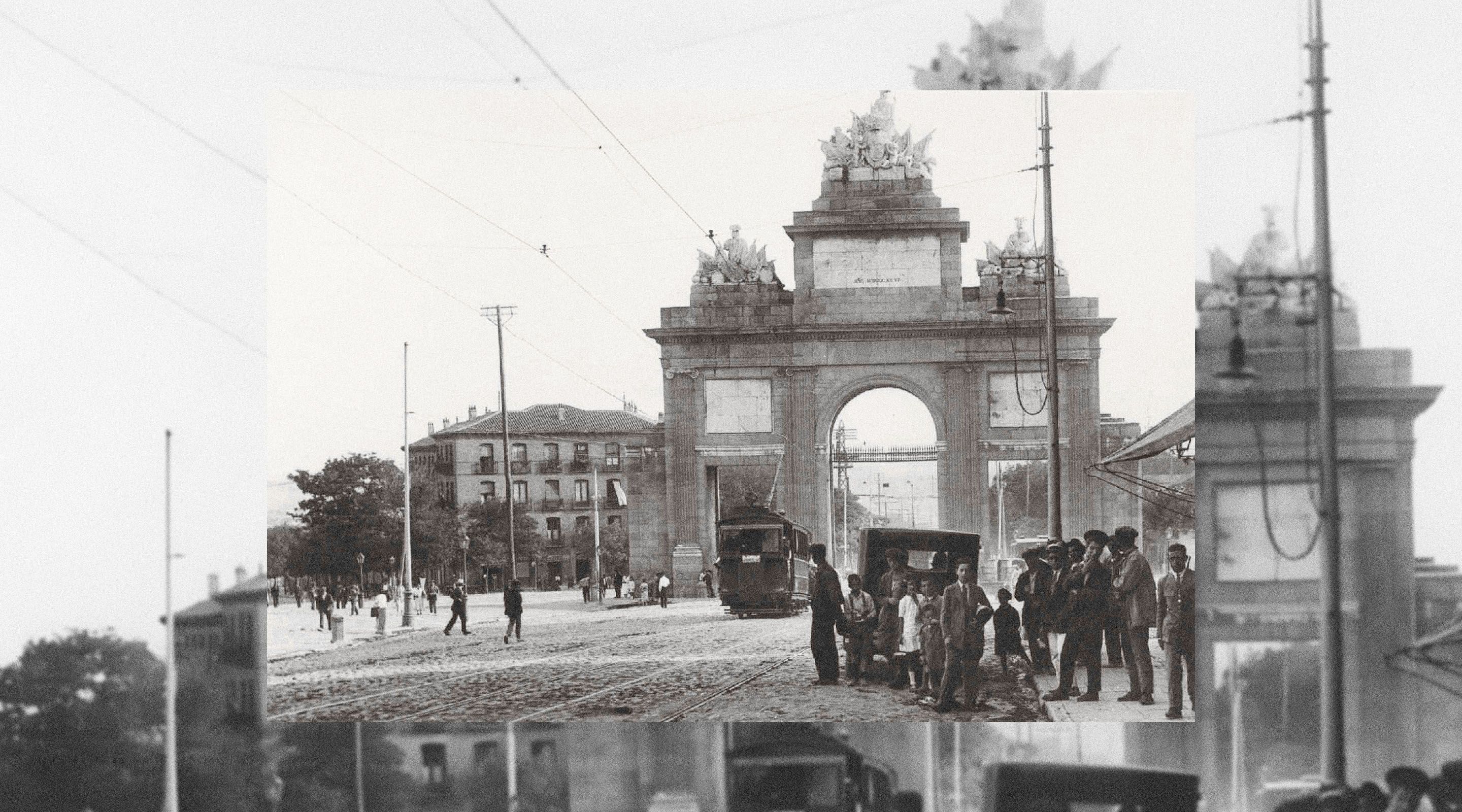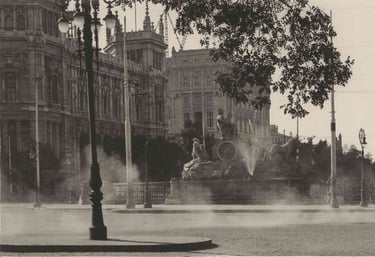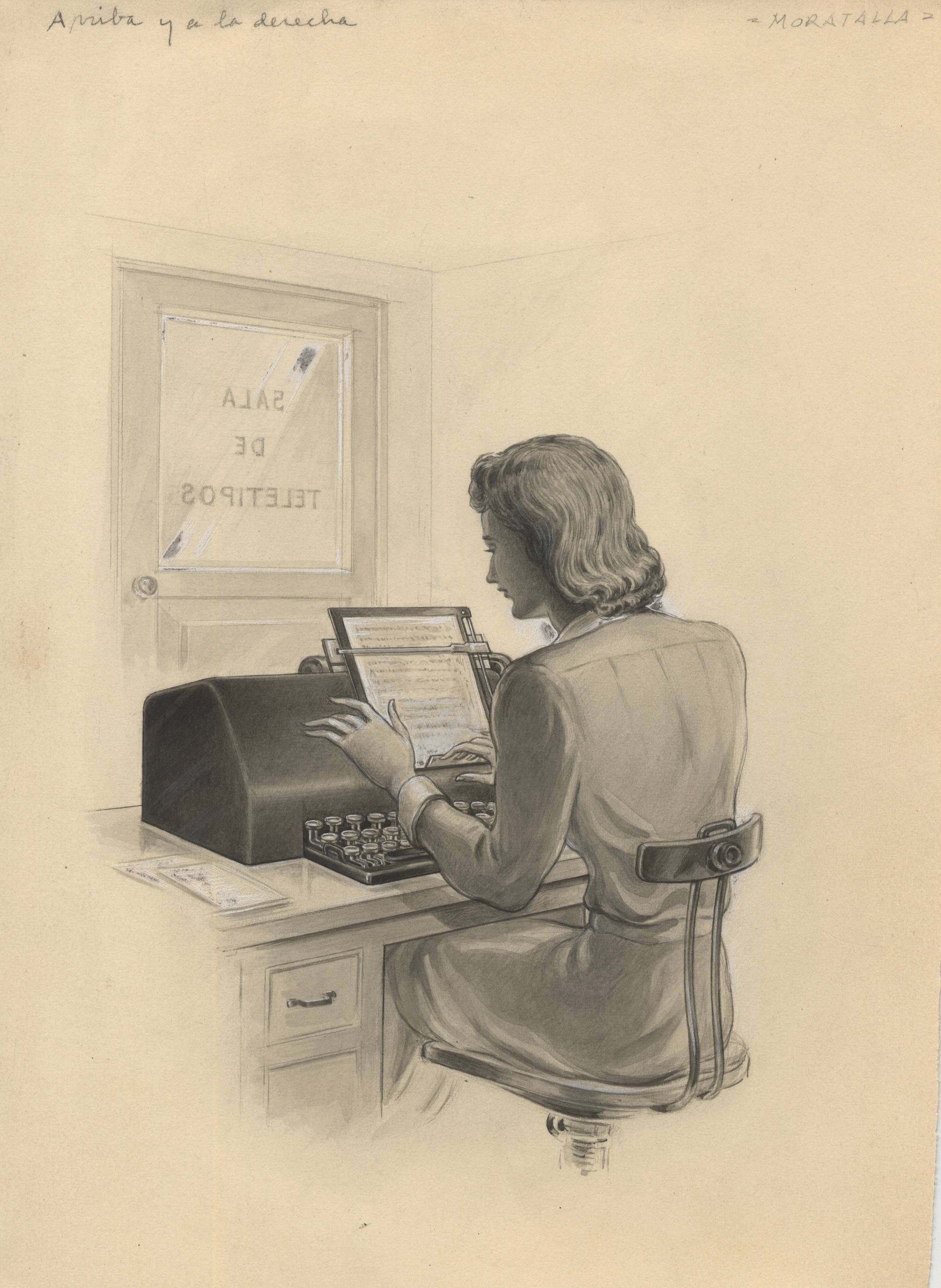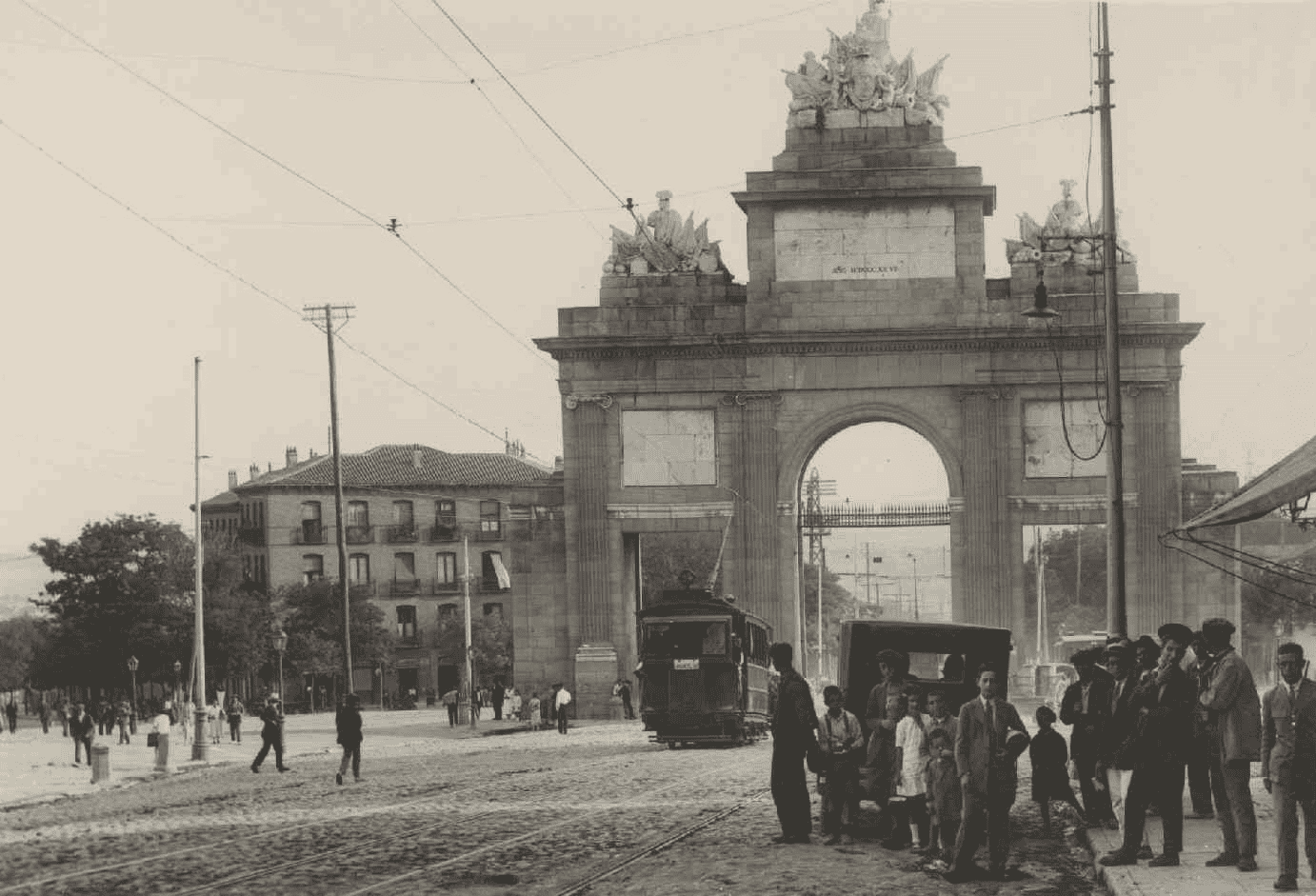
1947

The Spanish capital is the city with the highest number of lines installed, and they continue to grow every month. The numbering, until then with five digits, needs to be extended due to the demand and becomes six digits, all of them starting with the number 2.
CTNE's first Labour Regulations approved
01
The Ministry of Labour also approves the first Work Regulations of the National Telephone Company of Spain in this year. Over the course of 46 pages, every detail of the company's operations is explained in detail. From the different job categories, their ranks, their duties, and of course their remuneration with the corresponding bonuses, to the way in which each of the tasks of day-to-day operations are carried out, including the importance of continuous vocational training, which, according to the Regulation, all staff must understand "as a right and a duty that cannot be waived". "The organisation of the services from a technical point of view, as well as the perfection of the public service that the company must provide, make it a true model company," the document explains.

Madrid, first city with six-digit telephones
02
Lines are growing and subscribers are multiplying year by year. 1947 ends with almost half a million lines in 3,442 localities in Spain. Madrid, of course, takes the lead in number of subscribers and lines installed. For this reason, in the early hours of 4 to 5 January, the CTNE introduced an additional digit in the Madrid numbering system. All the numbers in the capital, which until then had five digits, now have six and all of them start with the number 2. Shops, posters, business cards and, of course, the telephone directory, must be reprinted in accordance with this amendment. And so that no one is left in the dark, the CTNE invests its good money in advertising campaigns, news and sending letters to each subscriber attached to the telephone bill - the "telephone bill", in the words of the time.

Do you have doubts about what happened?
Ask Aura